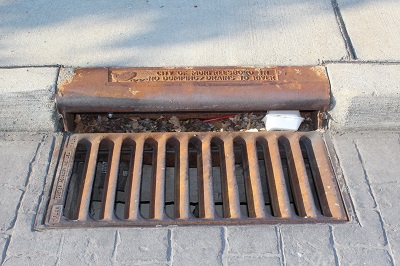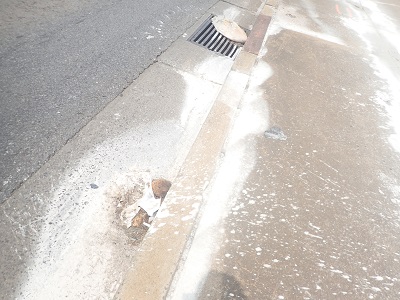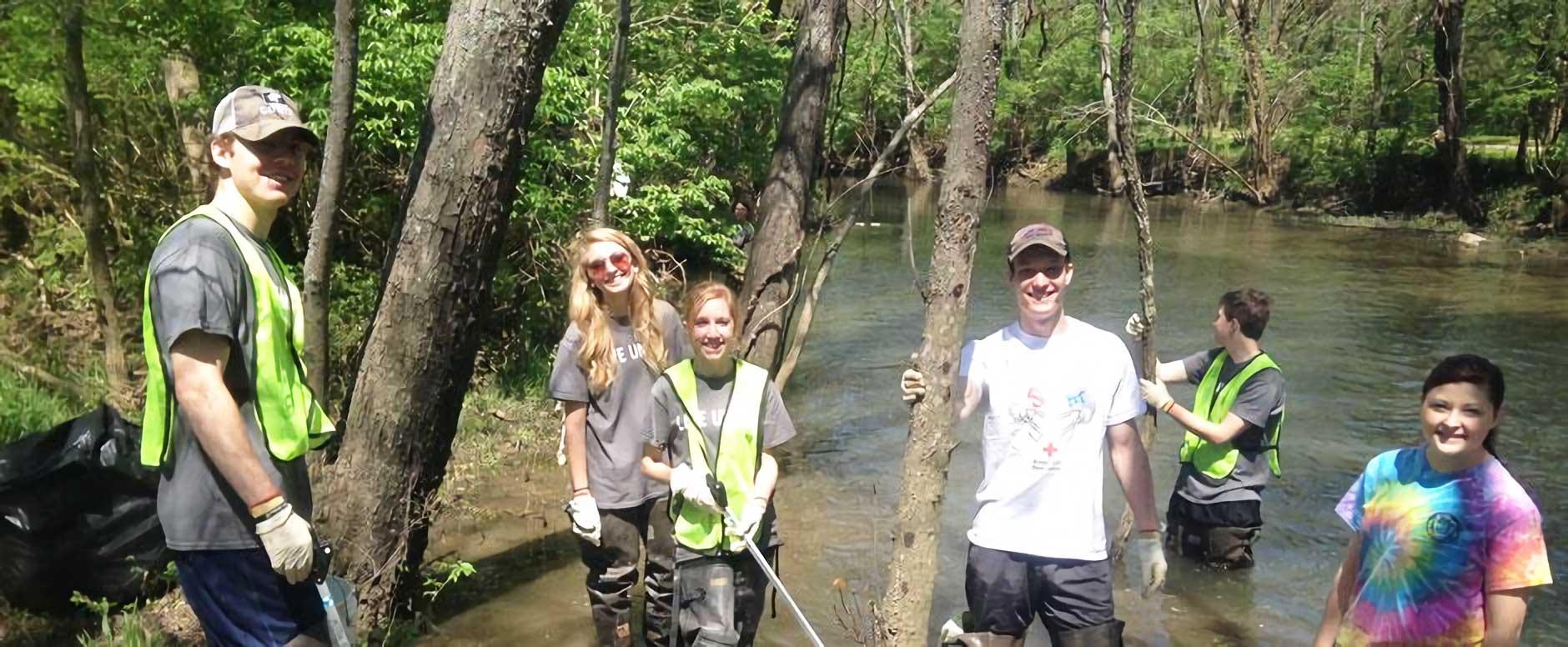MTSU Stormwater Program
Stormwater Basics

What is stormwater?
Stormwater is water runoff after a rain storm from streets, construction sites, parking lots, buildings and other impervious areas that goes directly into storm drains and eventually into local streams and rivers. This water can pick up pollutants along the way to these streams and rivers and isn’t treated in the local waste water treatment plant. MTSU has set up a program that seeks to protect this water from pollutants. The conveyances that carry this runoff is called a MS4 system.
MTSU has a Stormwater Management Program that contains the following components.
- Public Education and Outreach
- Public Participation and Involvement
- Illicit Discharge Detection and Elimination
- Construction Site Stormwater Runoff Control
- Post-Construction Stormwater Management for New Development and Redevelopment
- Pollution Prevention and Good Housekeeping for Municipal Operations

You can help protect water quality.
- Disposing of waste properly
- Placing litter in proper containers
- Never dump anything into a storm drain
- Check vehicles for leaking fluids.
- Recycle used motor oil
- Click on the following for the homeowners guide to pollution prevention.

What is an illicit discharge?
An illicit discharge is disposal of anything other than storm water into the storm water drainage system. This includes illegal connection or tie-ins to the storm sewer system.
Examples of illicit discharge to storm sewer system:
- Trash
- Sanitary wastewater (sewage)
- Septic tank waste
- Car wash, laundry or industrial wash water
- Concrete truck washout
- Improper disposal of automotive fluids and household toxics
- Soapy water used to wash parking lots, sidewalks,buildings and loading docks
- Grease trap overflows
- Sump pump with contaminated water flowing into storm drain
- Dirty water from mopping being dumped to a storm drain
